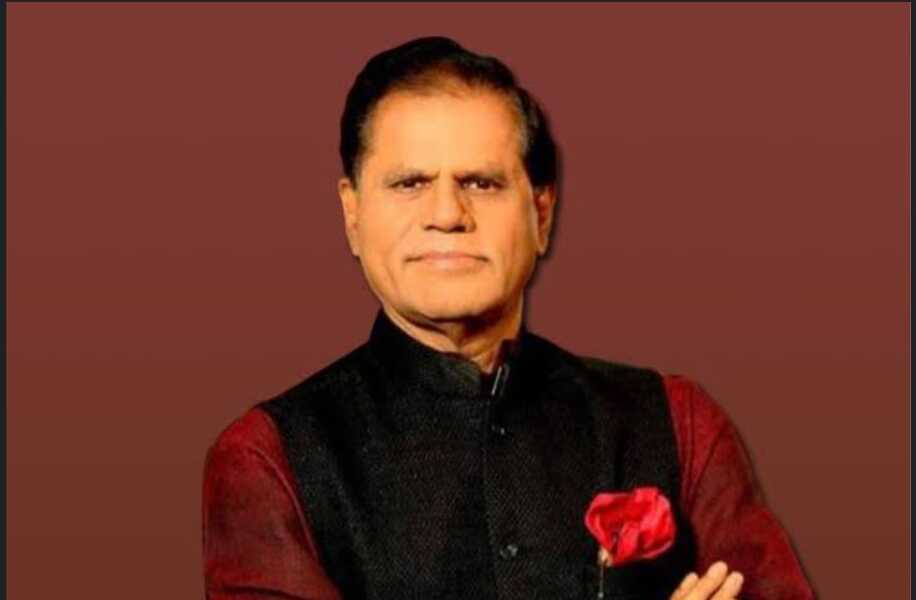Article Today, Hyderabad:
A consortium of banks has written off loans worth Rs.5,700 crore taken by Gayatri Projects, a company owned by Congress leader and film producer T. Subbirami Reddy’s family. The move has drawn widespread criticism as an example of political clout in the banking sector.

Massive Debt Settlement
Gayatri Projects had borrowed over Rs.8,100 crore from multiple banks. The company later entered insolvency proceedings under the National Company Law Tribunal (NCLT). As part of a one-time settlement, banks agreed to accept around Rs.2,400 crore and waive the remaining debt. The decision has left depositors and financial experts questioning the rationale behind such large-scale concessions.
Key Banks Involved
Canara Bank had the highest exposure with Rs.1,911 crore, followed by Bank of Baroda with Rs.1,382 crore. The consortium also included State Bank of India, Bank of Maharashtra and several others. Overall claims amounted to Rs.7,947 crore, including guarantees of more than Rs.3,000 crore. Banks attributed the default to rising costs in infrastructure projects.
Criticism of the Process
Observers have argued that the banks did not thoroughly examine how the borrowed funds were utilised. Allowing repayment of a fraction of the total debt while permitting the promoters to retain control of the company has been described as questionable. Critics say this arrangement has effectively transferred the financial burden onto the public.
Political Influence Alleged
The settlement has revived concerns about the influence of political families in corporate restructuring. Analysts note that this is not an isolated case. In recent years, companies linked to political leaders across various States have also benefited from similar debt waivers.
Economic Concerns
Economists warn that repeated corporate loan write-offs undermine public confidence in the banking system. They argue that such practices weaken the economy, as the losses are ultimately borne by taxpayers. The case of Gayatri Projects is now seen as part of a wider pattern of politically connected entities receiving preferential treatment.



